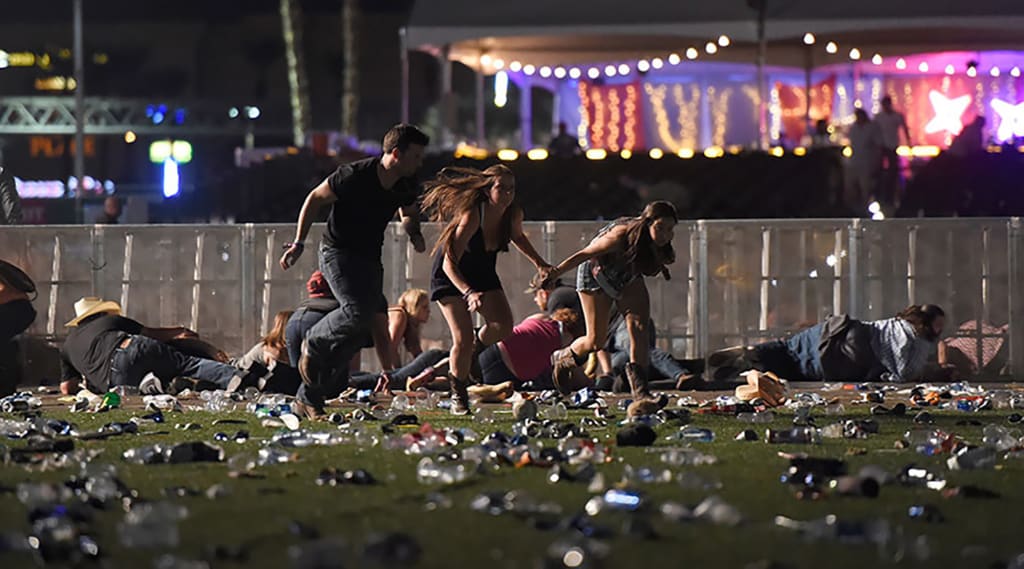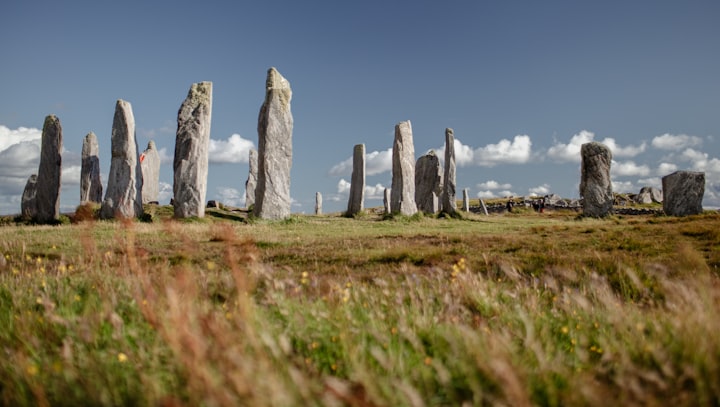
My taxi driver was a young black man.
I knew he was not American before he said a word. On the dashboard his license, encased in yellowed plastic, read Rashoud Umagradiah.
Or something unpronounceable like that.
He was smiling in the photo, bright white teeth against a coal black face.
I asked him where he was from and he said Nigeria. I wasn’t surprised. So far that week I had ridden in a dozen cabs in Las Vegas and half the drivers were from Nigeria. The others were also from countries in Africa, except for one driver who was from Brooklyn.
“You’re kind of the odd man out,” I had said to him.
“How’s that?”
“You’re a taxi driver from America who speaks English.”
“Oh, yeah. I’m a dying breed all right.”
The young black taxi driver had picked me up at the Bellagio Casino where I had left several hundred dollars of my money on the poker table. A flush on the river had beat my two pair, a suck out by an obnoxious guy from Omaha.
“How is it over there in Nigeria?” I asked my driver.
“Not as good as it is here,” he said with an accent thick as mud.
It was the same answer I get from every taxi driver who is in America from someplace else. Doesn’t matter where that other place is. If it was better there than in America, then they wouldn’t be in America.
He was taking me to the Hard Rock Hotel & Casino where I was staying. I’ve made that same trip, and trips to and from other casinos throughout Vegas, hundreds of times over the years. Inside the casinos is nice. Outside it is all concrete and flashing lights and unbearable heat and the slowest traffic signals on the planet. It’s the only place in America, other than New York City, where it can take 15 minutes to drive two blocks.
To kill time I always talk to taxi drivers. They are a captive audience. It’s easy to get them to talk. They’re as bored driving as I am being driven. I ask them what it’s like where they are from. It’s an easy way to get a short history or geography lesson from someone with more intimate knowledge of the subject than a college professor. So many times what I hear from someone who lived in a particular country and still has family in that country is contrary to what I hear about that country on the news. Their assessment is much more on point than a CNN correspondent’s assessment.
I seldom ask them about the things that are happening in the city in which they are driving me. That’s not interesting or illuminating. The hotel concierge can give me that information. What the concierge can’t tell me is what the food lines are like in Somalia. Still, that day, I wasn’t interested in hearing more about Nigeria from my seventh Nigerian taxi driver that week.
Several weeks earlier 64-year-old Stephen Paddock had fired more than 1,100 rounds from high powered rifles from his suite on the 32nd floor of the Mandalay Bay Resort & Casino, killing 58 people and injuring hundreds more who were attending a country music festival across the street from Mandalay Bay.
“So, were you working the night of the Mandalay Bay shooting?” I asked.
We were stopped at a traffic light on the Strip when I asked the question. Rashoud turned and looked at me in the back seat.
“I was there when it happened.”
“Excuse me.”
“I was right there when the shooting started.”
I didn’t say anything, not sure if I had heard him right or not.
“I was stopped at the light next to the festival. I was the first cab in line. I thought it was fireworks from the festival. I rolled my window down and looked up but there were no fireworks. I didn’t know bullets were going right over the top of my cab.”
I didn’t say a word. Just waited.
“I didn’t know what was happening. Then all these people starting climbing over the wall from the festival and running across the Strip. The light changed but I couldn’t go because the street was filled with people. They were everywhere, and I still heard the fireworks.”
“Did you have any passengers?”
“No, it was just me. But then five people opened the back door and got into my cab. They were screaming for me to go, to get out of there. But I still couldn’t move. There were so many people running in the street.”
Rashoud looked at me in the rear view mirror. He had paused.
“Then that door opened,” he said slowly, pointing to the front passenger side door.
“A young man got into the cab. He was wearing a white shirt and it was covered in blood. He was not hysterical like the people in the back. He was very calm. I asked him if he was hurt and he said no, that it wasn’t his blood. I asked him whose blood it was and he said it was his friend’s blood. He said his friend had been shot in the stomach. I asked him where his friend was and he said his friend was still at the festival. He said his friend told him, “Save yourself. Go.’”
I had goosebumps on my arms. A few minutes ago I was standing in a cab line, upset about losing a big hand of poker, and now I was hearing a true-life story of epic proportions in the intimacy of a taxi.
“Then what happened?”
“The Strip cleared enough that I could drive through. I drove to Planet Hollywood and let them all out. Then I went back.”
“Excuse me?”
“I went back.”
“Why would you do that?”
“To get more people out of there.”
Rashoud drove back. By then there were only a few festival-goers left. He picked up a local woman and drove her to her house a few miles off the Strip. She told him about the pandemonium that broke out when the first people started falling from gunshots. On the way to her house dispatch called and ordered all the taxis in the city back to the taxi station. Police did not want any taxis on the road that the gunman might commandeer to make an escape.
“So I took my taxi in and then I went home.”
Rashoud said the next day the owner of the taxi company had all the drivers gather at the station. The owner talked a bit about what had happened and what to expect at work that day. Then he said, “Is Rashoud here?”
“I was scared to death. I had six people in my cab that night. You are only supposed to have a maximum of five people. I thought I was going to be fired.”
“What happened?”
“He called me up to the front of the room and said he had seen my cab on the news from the casino video camera footage. He said he had seen me save those six people and that he was very proud of me.”
Rashoud was quiet for a while. The Hard Rock was less than a block away.
“You know what I remember most?” he said.
“What?”
“When those people were in my cab, when they finally stopped screaming and yelling, it was so very quiet. It was so quiet I could hear their hearts beating.”
We pulled into the Hard Rock. I handed Rashoud the fare and a big tip. I started to open the door, stopped and turned to him.
“You know, you should be very proud. You’re not even from here. This isn’t your country or your people, and you risked your life to save them. That’s amazing.”
Rashoud dismissed the praise and simply said, “We are all humans.”
About the Creator
Don Waitt
A checkered past as an investigative newspaper reporter, a concert magazine publisher, an adult industry magazine publisher, three self-published books, three police arrests, and way too many pharmaceuticals and cocktails.






Comments
There are no comments for this story
Be the first to respond and start the conversation.